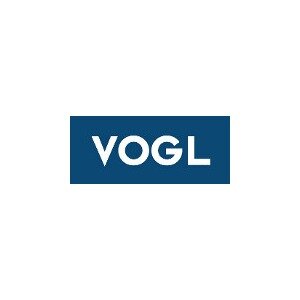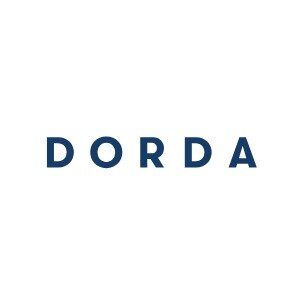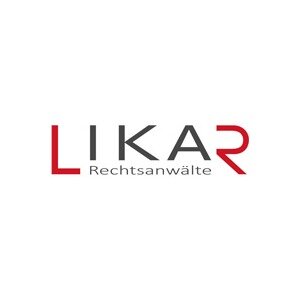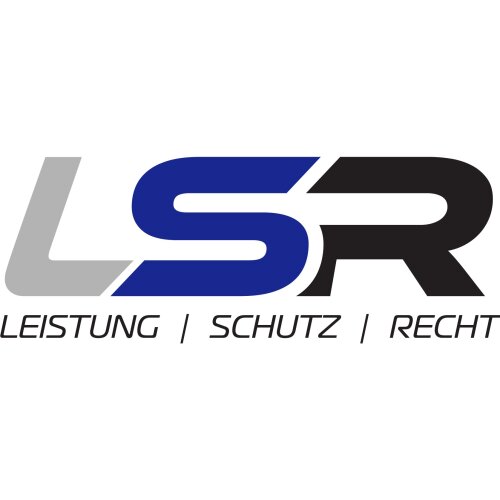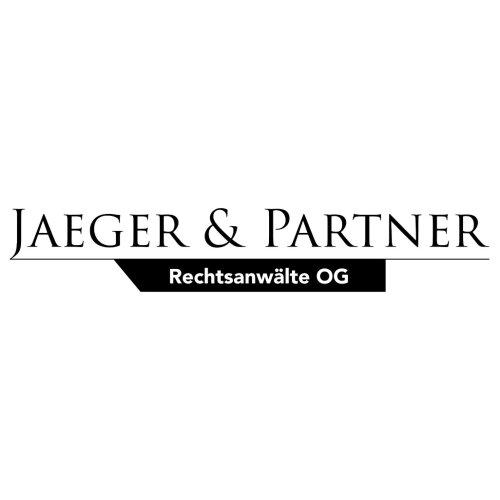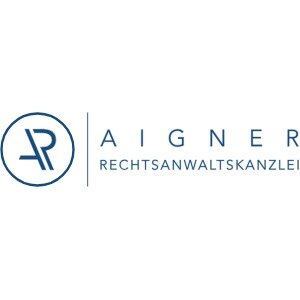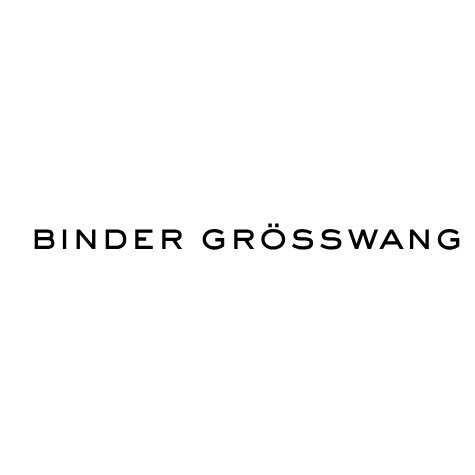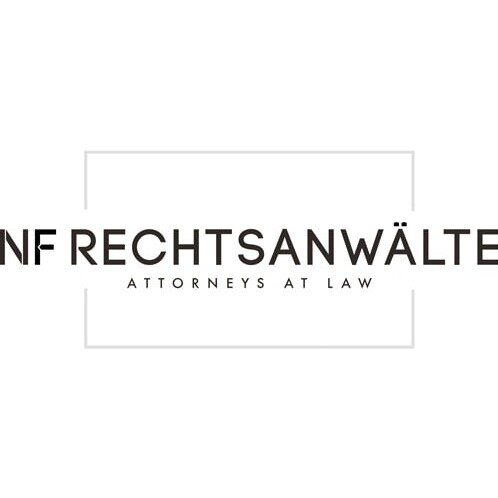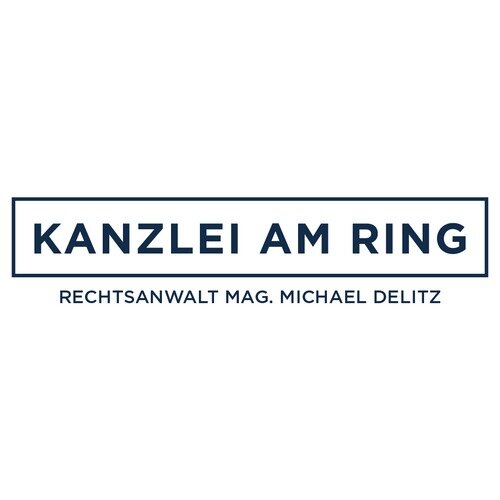Best Renewable & Alternative Energy Lawyers in Austria
Share your needs with us, get contacted by law firms.
Free. Takes 2 min.
Or refine your search by selecting a city:
List of the best lawyers in Austria
About Renewable & Alternative Energy Law in Austria
Austria is recognized as a leading nation in the generation and regulation of renewable and alternative energy. The country is committed to sustainable energy production and environmental protection, with ambitious goals to decarbonize its energy sector. Austria’s strategy focuses on increasing the share of renewable sources in electricity, heating, and transportation, prioritizing hydropower, wind, solar, and biomass. The legal framework supporting this transition is both robust and constantly evolving, offering opportunities and presenting challenges for businesses and individuals alike.
Why You May Need a Lawyer
Legal assistance is often essential for navigating the complex regulations around renewable and alternative energy in Austria. Common situations where individuals or companies may need legal help include:
- Applying for permits to build or operate renewable energy installations (such as wind turbines or solar parks)
- Complying with local and EU energy regulations and environmental laws
- Negotiating and drafting contracts for energy supply, grid access, and technology transfer
- Handling disputes with regulators, authorities, or neighbors regarding energy projects
- Managing subsidies, incentives, or grant applications for renewable energy investments
- Addressing compliance issues for businesses aiming to meet renewable energy quotas and targets
- Protecting intellectual property in energy technology and innovation
Local Laws Overview
Austria’s legal framework for renewable and alternative energy is shaped by national laws, EU directives, and international commitments. Key elements include:
- Austrian Electricity Industry and Organization Act (ElWOG): This law governs the generation, distribution, and supply of electricity, emphasizing the integration of renewable sources.
- Green Electricity Act (Ökostromgesetz): This act sets out conditions for the support and promotion of electricity from renewable sources, including feed-in tariffs and subsidies.
- Environmental Impact Assessment Act (UVP-G): Renewable energy projects may require environmental assessments, especially for large-scale installations.
- EU Renewable Energy Directive: Austria must comply with EU-wide targets and regulations for renewable energy development and grid integration.
- Building and Zoning Laws: Provincial and municipal regulations influence where and how renewable energy plants may be constructed.
Additional rules govern grid access, power purchase agreements, emissions, and incentive schemes. Regulations can vary significantly depending on the location and type of energy resource, making local legal expertise crucial.
Frequently Asked Questions
What types of renewable energy are most common in Austria?
Hydropower is the most widespread, followed by wind, solar (photovoltaics), and biomass. Austria has well-established infrastructure and legal support for these energy forms.
Do I need a permit to install solar panels on my property?
In most cases, yes. You may need building and grid connection permits, and local zoning laws may apply. Legal advice helps ensure full compliance.
Are there government incentives for renewable energy investments?
Austria offers various subsidies, grants, and feed-in tariffs, especially under the Green Electricity Act. Eligibility and application processes can be complex.
What is a feed-in tariff?
A feed-in tariff is a policy mechanism that guarantees renewable energy producers a fixed payment for the electricity they supply to the grid, incentivizing investment in sustainable energy sources.
How does grid access work for independent energy producers?
Grid operators are generally required to provide access, but technical requirements, fees, and connection agreements must be satisfied. Legal assistance may be necessary for negotiations and compliance.
What environmental regulations affect renewable energy projects?
Large-scale projects may need an Environmental Impact Assessment under UVP-G. Wildlife, landscape, and noise regulations can also apply depending on project type and location.
What permits are needed for a wind farm?
Permits typically include land use, construction, environmental impact, and grid connection approvals. The process involves coordination with multiple authorities and stakeholders.
How can disputes over renewable energy projects be resolved?
Disputes can arise with regulators, neighbors, or contractual partners. Resolution options include mediation, administrative appeals, and court proceedings. Legal counsel can help identify the best approach.
Can individuals sell renewable electricity back to the grid?
Yes, individuals and businesses can supply electricity to the grid, subject to specific regulations and agreements with grid operators. The terms are set by applicable laws and contracts.
Is legal advice necessary for small renewable projects?
Even for small projects, legal guidance is recommended to navigate permitting, incentives, and compliance requirements, and to avoid costly mistakes.
Additional Resources
For more information and support regarding renewable and alternative energy law in Austria, consider consulting these resources:
- Federal Ministry for Climate Action, Environment, Energy, Mobility, Innovation and Technology (BMK): Main regulatory body for energy policy, permitting, and incentives.
- E-Control: Austrian regulatory authority for electricity and natural gas markets, providing guidelines for market participants.
- Austrian Energy Agency: Offers information and guidance on energy efficiency and renewable energy technologies.
- Chamber of Commerce (WKO): Supports businesses in navigating legal and regulatory issues in the energy sector.
- Provincial and municipal authorities: Responsible for local building, zoning, and environmental permits related to renewable energy projects.
Next Steps
If you need legal assistance in renewable and alternative energy matters:
- Identify the specific issue or project you need help with, such as permit applications, contract drafting, regulatory compliance, or dispute resolution.
- Gather relevant documents, such as project plans, correspondence with authorities, and existing contracts.
- Contact a lawyer or law firm with experience in Austrian renewable energy law. Look for professionals with knowledge of both local and EU regulations.
- Prepare a list of your questions and goals to discuss with your legal advisor.
- Remain informed about regulatory changes by consulting governmental updates and legal news in the energy sector.
Taking these steps will help ensure that your interests are protected and your project moves forward smoothly in Austria’s dynamic renewable and alternative energy landscape.
Lawzana helps you find the best lawyers and law firms in Austria through a curated and pre-screened list of qualified legal professionals. Our platform offers rankings and detailed profiles of attorneys and law firms, allowing you to compare based on practice areas, including Renewable & Alternative Energy, experience, and client feedback.
Each profile includes a description of the firm's areas of practice, client reviews, team members and partners, year of establishment, spoken languages, office locations, contact information, social media presence, and any published articles or resources. Most firms on our platform speak English and are experienced in both local and international legal matters.
Get a quote from top-rated law firms in Austria — quickly, securely, and without unnecessary hassle.
Disclaimer:
The information provided on this page is for general informational purposes only and does not constitute legal advice. While we strive to ensure the accuracy and relevance of the content, legal information may change over time, and interpretations of the law can vary. You should always consult with a qualified legal professional for advice specific to your situation.
We disclaim all liability for actions taken or not taken based on the content of this page. If you believe any information is incorrect or outdated, please contact us, and we will review and update it where appropriate.
Browse renewable & alternative energy law firms by city in Austria
Refine your search by selecting a city.



